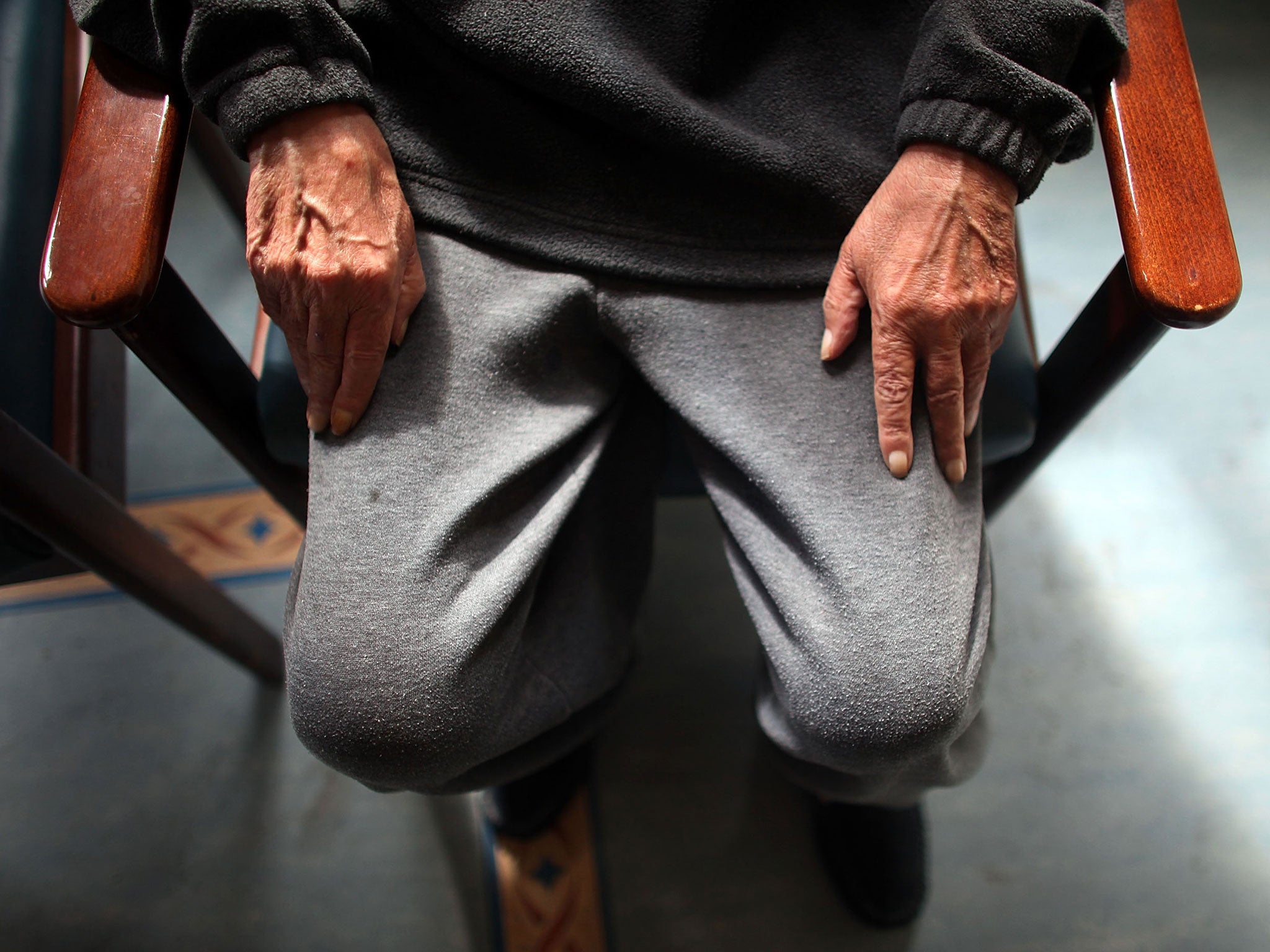Inquiry into policy that 'kills off' patients
Government to test 'end-of-life' protocols for the terminally ill after complaints from relatives

The Liverpool Care Pathway, widely recognised by healthcare professionals as the "gold standard" for easing the last days of dying patients, has never been properly tested. Concern over the fact that the LCP has never been subjected to a randomised clinical trial to test claims that it is the best way to treat the terminally ill has prompted the Health Secretary, Jeremy Hunt, to order a full inquiry, to be led by Baroness Neuberger.
The LCP is used in hospitals across the UK despite complaints from hundreds of families that their relatives have died unnecessarily and before their time because of the policy which they say "kills off" patients.
The revelation that it has been widely adopted throughout the UK as well 21 other countries will fuel public disquiet at its use.
The first thorough clinical study of the treatment, which typically involves heavy sedation and the withdrawal of life-sustaining treatment, including tubes providing fluids and nutrition, is currently being prepared in Belgium. The new trial follows a study three year ago which found that recommendations for the use of end-of-life pathways in caring for the dying could not be made because of the lack of full clinical trial evidence.
The Belgian study is recruiting 600 dying patients, half of whom will get usual palliative care, while the others will be cared for using the LCP.
"Although the LCP has been adopted in 21 countries outside the UK and has been recognised to be the gold standard for practice, the evidence supporting such practice is insufficient," say the researchers leading the new trial. "Due to the scarcity of available evidence, recommendations for the use of end-of-life pathways in caring for the dying cannot be made at the present time. Randomised clinical trials or other well designed studies are needed to obtain additional evidence about [its] effectiveness."
Every year, around half a million people die in the UK, and more than half do so in hospitals. Many are elderly people whose deaths come after a period of long-term illness such as heart disease, cancer or dementia.
The LCP, developed by the Royal Liverpool and Broadgreen University Hospitals NHS Trust and the Marie Curie Palliative Care Institute, is designed to help medical professionals focus on care when a death is expected. It is tailored to the individual and includes consideration of their physical, social, spiritual and psychological needs.
The Royal College of Nursing and the National End of Life Care Programme are among 22 organisations who support the treatment, despite widespread criticism.
The new trial into the LCP is being carried out at nine hospitals in Belgium and led by the End-of-Life Research Group.
Information from patients, nurses, doctors and families during the last 48 hours of life of the patient will be collected and analysed. Researchers will also look at symptom prevalence, use of medication, and communication among staff and between staff and patients and relatives. They will also look at the level of satisfaction of the relatives with the delivered end-of-life care during.
Professor John Ellershaw, director, the Marie Curie Palliative Care, Institute, Liverpool, said, "Any and all research that helps understand and improve how we provide best care for dying patients is to be welcomed."
Subscribe to Independent Premium to bookmark this article
Want to bookmark your favourite articles and stories to read or reference later? Start your Independent Premium subscription today.

Join our commenting forum
Join thought-provoking conversations, follow other Independent readers and see their replies